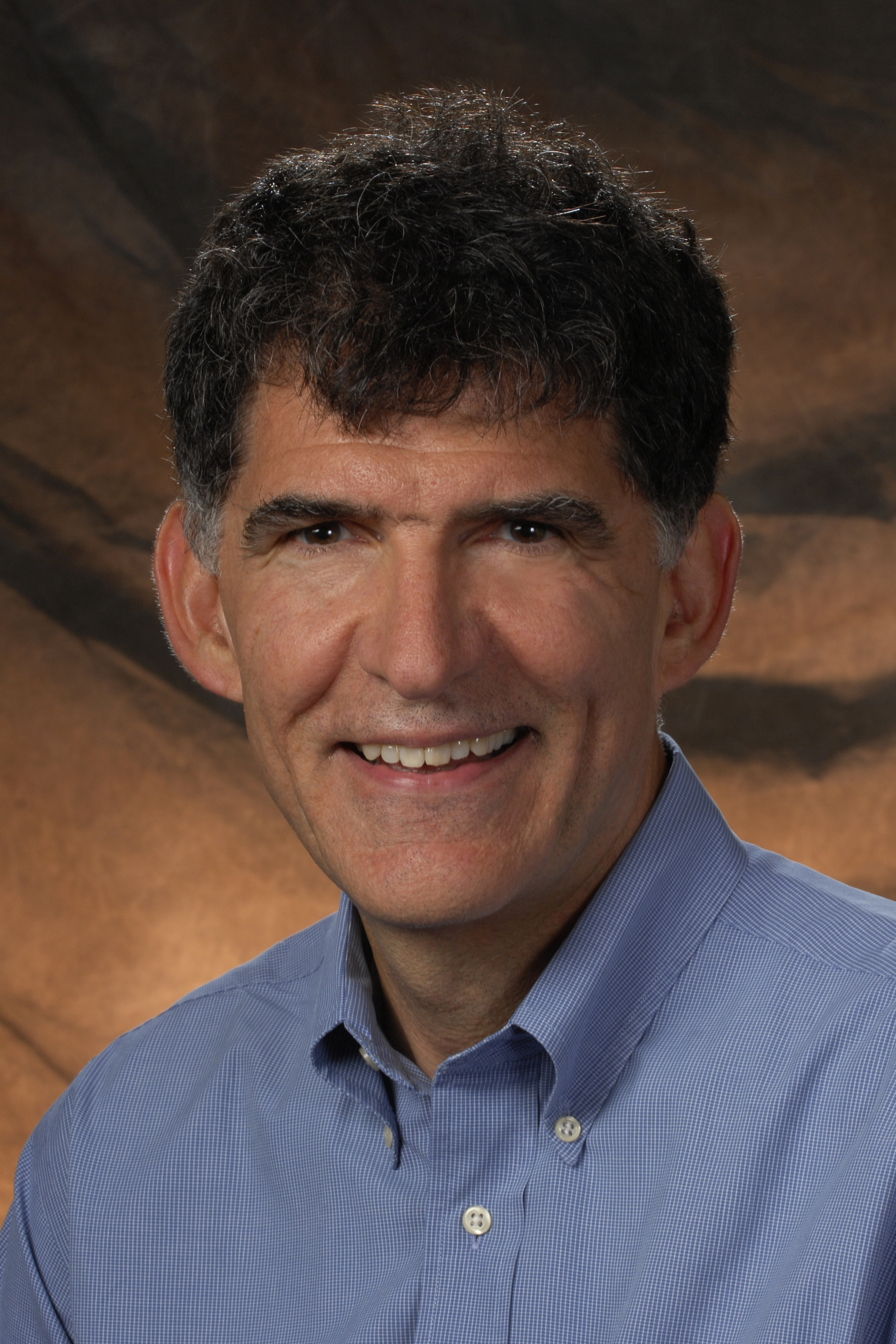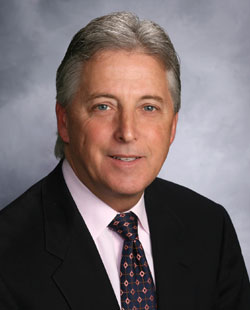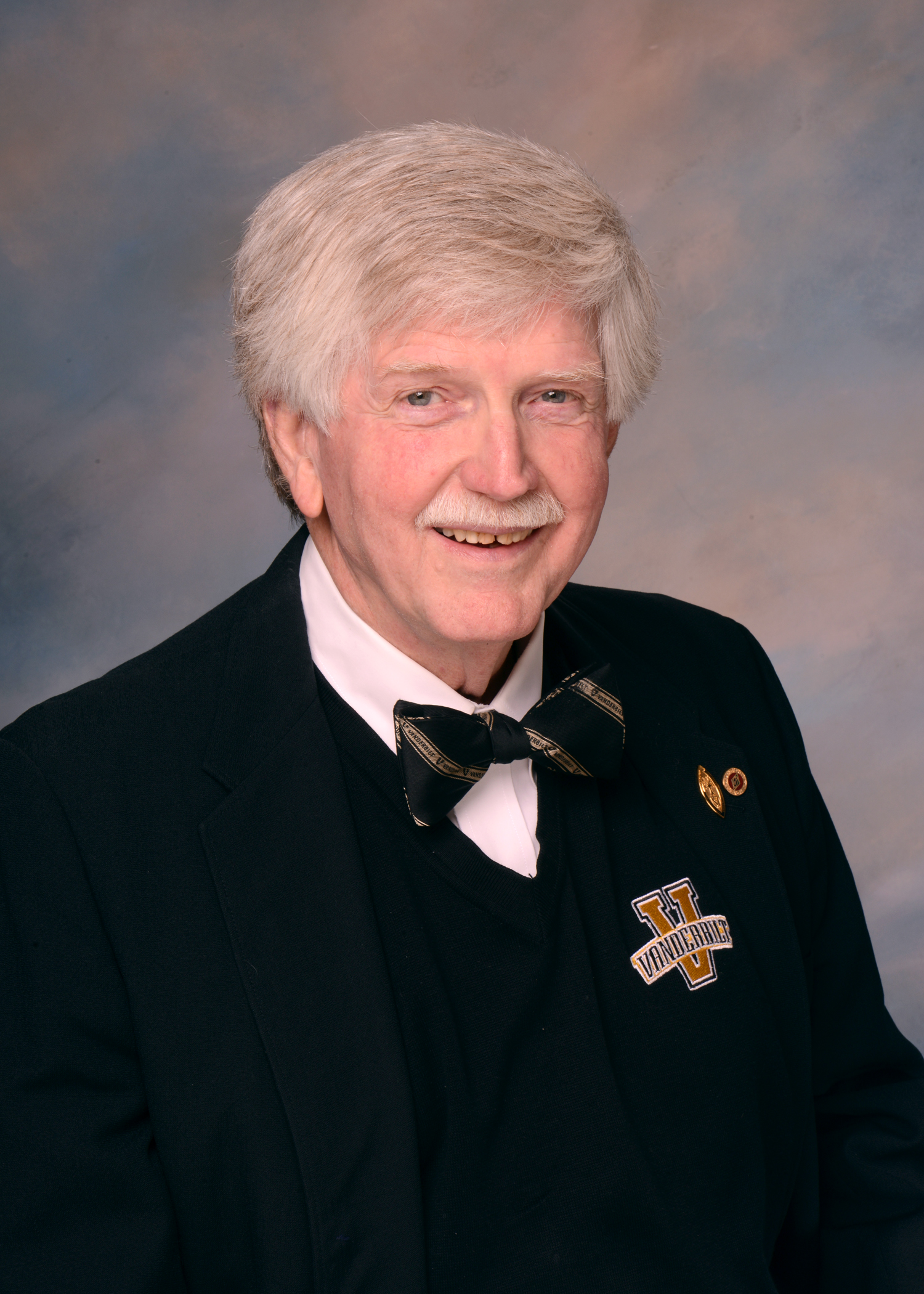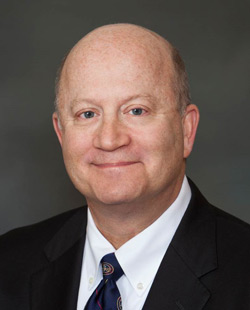Featured Speakers
Friday, June 16, 2017
The Dr. Arno Roscher Endowed Lecture
Genomic Medicine: Its Time Has Arrived
Daniel Rader, MD, Seymour Gray Professor of Molecular Medicine; Chair, Department of Genetics; Chief, Divisions of Human Genetics, Departments of Medicine and Pediatrics; Perelman School of Medicine - University of Pennsylvania, Philadelphia, PA

Daniel J. Rader, MD, Perelman School of Medicine at the University of Pennsylvania
Dr. Rader is the Seymour Gray Professor of Molecular Medicine at the Perelman School of Medicine at the University of Pennsylvania. He serves as the Chair of the Department of Genetics as well as the Chief of the Division of Translational Medicine and Human Genetics in the Department of Medicine and Chief of the Division of Human Genetics in Pediatrics at Children’s Hospital of Philadelphia. He is also Associate Director of Penn’s Institute for Translational Medicine and Therapeutics, and is co-director of the Penn Medicine Biobank.
Dr. Rader’s research focuses on the human genetics and functional genomics of lipoprotein metabolism and atherosclerosis, as well as the translational implications for novel therapeutic approaches. He has had a long interest in novel therapeutic approaches to unmet medical needs in the treatment of severe dyslipidemia. He led the scientific and clinical development of a first-in-class inhibitor of microsomal transfer protein for the treatment of homozygous familial hypercholesterolemia. He also has a particular interest in HDL metabolism and function, and novel approaches to targeting HDL metabolism and reverse cholesterol transport in the treatment, prevention, and regression of atherosclerosis.
Dr Rader trained in internal medicine at Yale-New Haven Hospital and in human genetics and physiology of lipoprotein metabolism at the National Institutes of Health. He has been on the Penn faculty since 1994. He is a recipient of several national awards, including the Clinical Research Award from the American Heart Association. He is currently the deputy editor of the journal Arteriosclerosis, Thrombosis and Vascular Biology, the Chief Scientific Advisor to the Familial Hypercholesterolemia Foundation, and serves on the Board of Directors of the International Society for Atherosclerosis, the Board of External Experts of the National Heart Lung and Blood Institute, and the Advisory Board for Clinical Research for the NIH. Dr. Rader has been elected to the American Society of Clinical Investigation, the Association of American Physicians, and the Institute of Medicine of the National Academy of Sciences (now the National Academy of Medicine).
Friday, June 16, 2017
Keynote Lecture
Competent vs Expert: How We View Ourselves as Surgeons, How Others View Us
Edward D. Verrier, MD, K. Alvin & Shirley E. Merendino Professor In Cardiothoracic Surgery, Professor and Acting Chief, Division of Cardiothoracic Surgery - University of Washington, Seattle, WA

Edward D. Verrier, MD
Dr. Verrier is a professor of surgery at the University of Washington. He specializes in adult cardiac surgery, including myocardial revascularization, valve repair and replacement, thoracic aortic surgery, adult congenital heart disease and transplantation. He also has an active research program. He is board certified in thoracic surgery.
His clinical Interests include cardiac transplantation, complex adult cardiac surgery, myocardial revascularization, cardiac valvular heart disease, thoracic aortic disease and adult congenital heart disease. His research Interests include basic science vascular biology related to cardiac surgery: endothelial cell function, neutrophil function, cardiopulmonary bypass physiology, ischemia/reperfusion injury, myocardial protection and systemic inflammatory response syndrome. Clinical research involving improving cardiopulmonary bypass safety, coagulation abnormalities, myocardial protection and heart valves (including percutaneous aortic valve replacement).
Personal Interests include running, skiing, cycling and theater.
Saturday, June 17, 2017
Special Luncheon Presentation - The Dr. Andre Crotti Lecture
From a broad “surgical” perspective there are at least six major surgical challenges to providing access to care in Sub-Saharan Africa (SSA): Safe Anesthesia and Airway Management, Trauma, Women's Health, Cancer, Paediatric Surgery, and Analgesia. The disparities between SSA and what pertains in High Income Countries will be highlighted during this featured presentation.
Global Surgery - Challenges, Disparities, Initiatives, and Prospects - an Interim Report from a Sub-Saharan Perspective
John Tarpley, MD, Visiting Professor, Surgery, University Teaching Hospital of Kigali (Rawanda); Professor of Surgery & Anesthesiology (Emeritus), Vanderbilt University School of Medicine and Vanderbilt Institute for Global Health, Nashville, TN

John L. Tarpley, MD, FWACS, FACS
John Tarpley attended undergraduate and medical school at Vanderbilt and trained in surgery at the Johns Hopkins Hospital. He spent two years at the NCI, Surgery Branch during residency. Tarpley is a “general general” surgeon whose first career (1978-1993) was in a tertiary care mission hospital in Ogbomoso, Nigeria, where he directed the training for general practice house officers and helped establish a nursing school. He served as an Associate Lecturer in Surgery at the University College Hospital of the University of Ibadan College of Medicine during his years in Nigeria.He served several years at the Loch Raven VA in Baltimore and on the Johns Hopkins faculty. “tarp”, as he is known, joined the Vanderbilt University Dept. of Surgery and the Nashville VA in 1993 as Associate Chief, Surgical Service, and Chief of General Surgery. He directed the Vanderbilt General Surgery Residency program as Program Director from1995 to 2014. A professor of surgery and anesthesiology, now emeritus, he is also affiliated faculty in the Vanderbilt Institute for Global Health and established the first ACGME-approved international rotation for surgery residents. He has co-taught medical school electives in global health, spirituality in medicine, and history of medicine. He has received a number of teaching awards locally and nationally. In 2002 Tarpley received the ACGME’s Parker J. Palmer “Courage to Teach” Award and in 2006 the Pfizer-ACS Surgical Volunteerism Award. Tarpley has been actively involved in mentoring medical students and surgical trainees his entire career, particularly those persons interested in teaching and in global health. He served as president of the Association of VA Surgeons (AVAS) and president of the Association of Program Directors in Surgery. Tarpley received the Distinguished Service Award from the AVAS in 2016. The Society for Black Academic Surgeons elected him as an honorary member. He is a member of the American College of Surgeons, the West African College of Surgeons,the American Surgical Association, and others. Tarpley is a member of the Lancet Commission on Global Surgery. Surgical education, global health, the history of medicine, spirituality in medicine, and clinical surgery especially in the treatment of patients with hernias or esophageal cancer are major areas of interest. After thirty years of government service, 28 as a VA surgeon, Tarpley ‘retired’ June 30th, packed up July 1st, and returned to Africa at the AICKijabe Hospital, Kenya for July through December and then to Rwanda for a January through July assignment at the University Teaching Hospital Kigali, University of Rwanda under the auspices of the Brigham & Women’s Rwanda Human Resources for Health (HRH) initiative.
He and Maggie Tarpley are known as “team tarpley”. They have three sons, three daughters in law, and four grandchildren.
Saturday, June 17, 2017
Keynote Presentation
The 10 Things You Need to Know About Concussion
Richard Ellenbogen, MD, Professor and Chairman Department of Neurological Surgery - University of Washington, Director UW Medicine Neuroscience Institute, Seattle, WA

Richard Ellenbogen, MD
Dr. Ellenbogen is a professor and chair of the Department of Neurological Surgery at UW Medicine and attending surgeon at Harborview Medical Center, Seattle Children’s and University of Washington Medical Center. He previously served in the U.S. Army as chief of the Department of Neurosurgery at Walter Reed Army Medical Center, was deployed with the 18th Airborne Corps during Desert Storm and was awarded a Bronze Star for his service to soldiers with traumatic brain injury (TBI).
Dr. Ellenbogen is a principal investigator on an Allen Brain Foundation grant studying the long-term cognitive and health effects of TBI. He is the volunteer co-director of the NFL Head, Neck and Spine Medical Committee. In that capacity, he has advocated for health- and safety-related rules changes, sideline concussion diagnosis and management protocols and youth concussion protection laws in all 50 states.
Clinical Interests include Pediatric and Adult Brain Tumors (specialty: ventricular tumors, pineal region tumors, posterior fossa tumors, pituitary tumors); craniofacial developmental abnormalities and trauma; Chiari malformations; minimally invasive brain surgery (Neuro-endoscopy); Neuro-trauma surgery; Concussion.
Research Interests include molecular imaging/nanotechnology; CSF physiology and Traumatic Brain Injury.
His personal Interests include Sports, gardening, fishing and cooking.